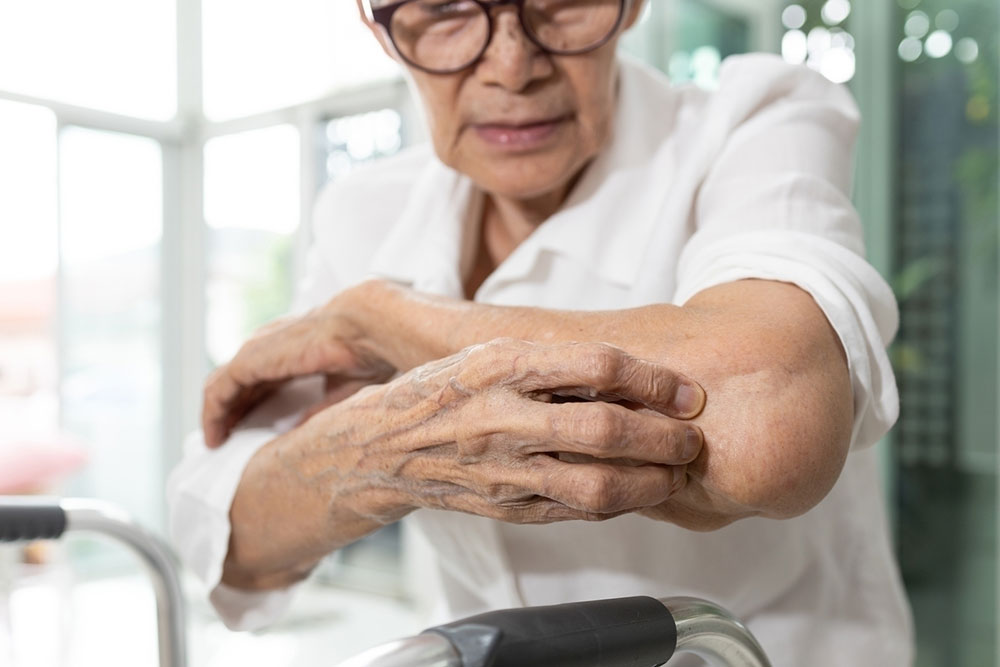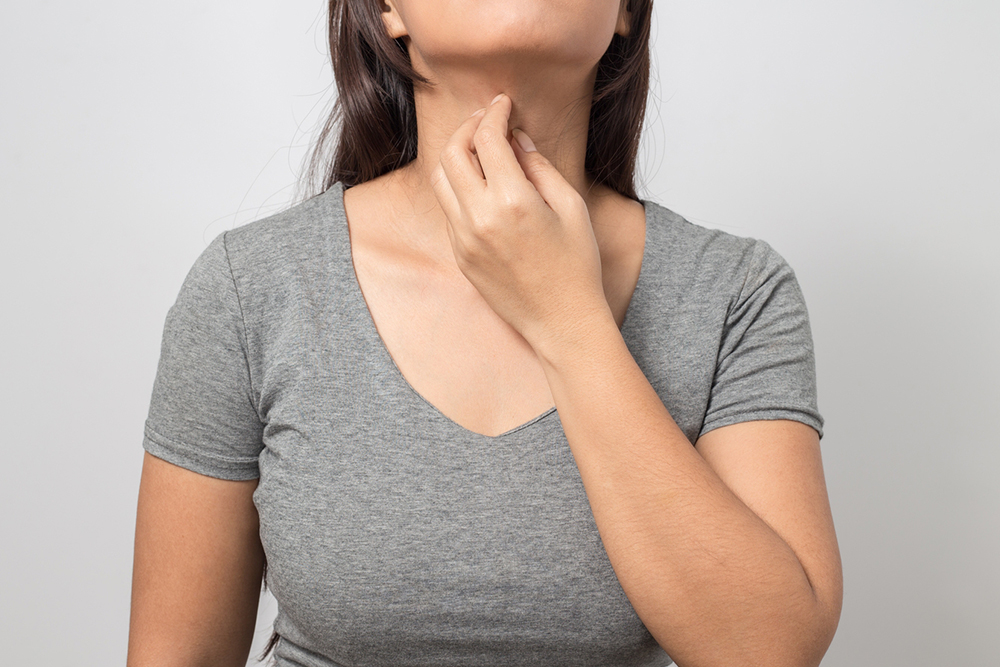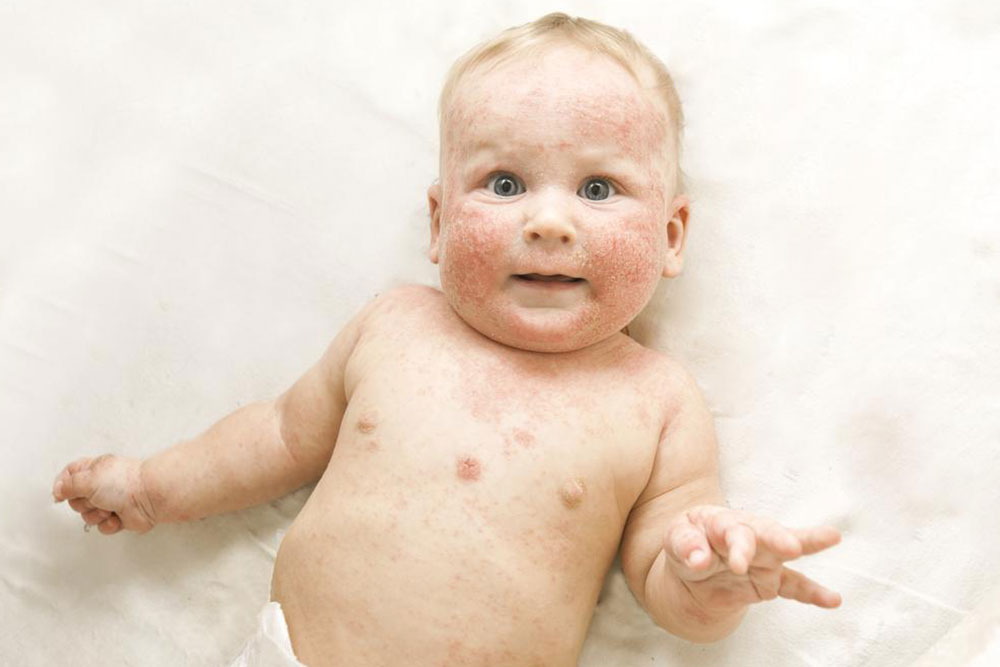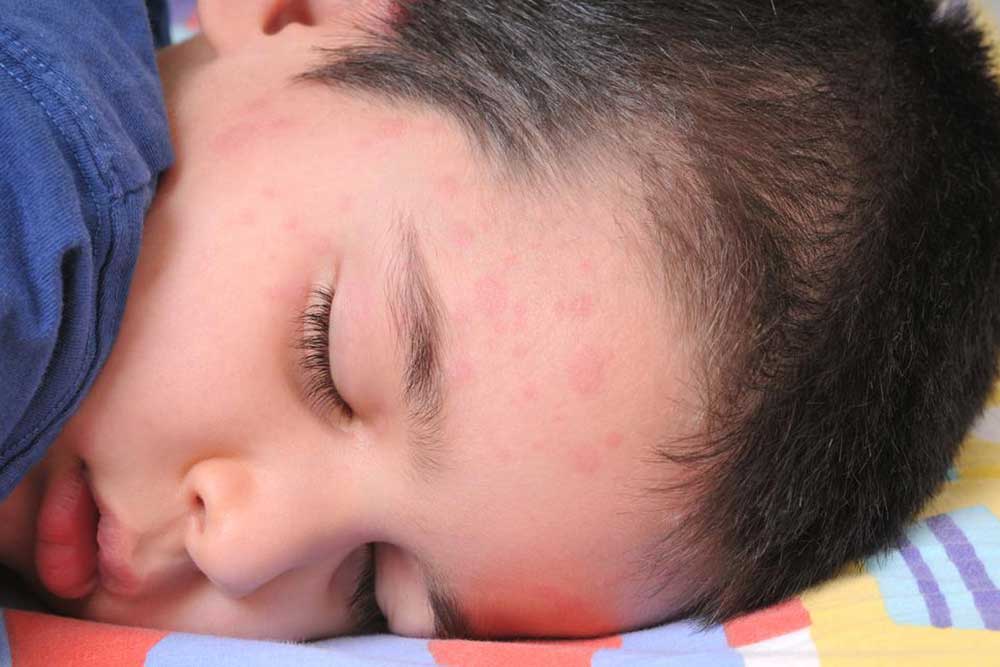Understanding and Managing Elderly Pruritus: Causes and Remedies
This article explores the common causes and symptoms of itchy skin in seniors, including dry skin, eczema, allergies, and hives. It offers practical advice on managing discomfort through moisturizing, mild cleansers, and home remedies like cool compresses and paraffin wax treatments. Understanding these factors helps seniors maintain healthier, itch-free skin and improve overall comfort. Aging skin's increased sensitivity requires gentle, targeted care to prevent persistent itching and associated complications.
Sponsored

As people age, their skin naturally becomes thinner and less effective at protecting against irritants. This results in dryness and an increased risk of itching, which can cause discomfort and stress in seniors. Commonly affected areas include the scalp, neck, ankles, and wrists. Recognizing the causes and symptoms of itchy skin is essential for effective management.
Causes of skin itching in seniors
Itchy skin often indicates an underlying problem, which may be external, like tight clothing or bedding fabrics.Additional internal factors can also contribute. For example, seniors with compromised immune systems may develop allergies that trigger itching. Awareness of these causes is vital:
Dehydrated Skin
One of the primary causes of itching in older adults, dry skin occurs when moisture retention diminishes, weakening the skin’s barrier. Temperature fluctuations and low humidity can intensify dryness and irritation.
Eczema
Autoimmune conditions like eczema or atopic dermatitis lead to skin barrier gaps, allowing moisture loss and inflammation. Fragrances, dust mites, bacteria, and viruses can penetrate these breaches, worsening itchiness.
Allergic Reactions
Contact with allergens such as certain fabrics, chemicals, pet dander, or specific foods like shellfish and peanuts, can cause allergic contact dermatitis and itching.
Hives
Hives involve allergic release of histamine, causing blood vessel leakage, swelling, and intense localized itching, often accompanied by discomfort.
Common symptoms of itchy skin
Recognizing these symptoms can aid in appropriate management:Pain or discomfort in itchy areas
Redness and inflammation
Visible bumps, spots, or blisters
Scratching marks and irritated patches
Scaly or leathery skin patches
Effective ways to soothe itchy skin in seniors
Aging skin becomes more sensitive and prone to persistent itchiness. To prevent a cycle of scratching and irritation, consider the following remedies:Moisturize regularly
Applying emollients and hydrating creams restores moisture, easing irritation and preventing skin from cracking and peeling.
Use paraffin wax treatments
Dipping or applying warm paraffin wax creates a moisture barrier, especially beneficial for eczema or psoriasis sufferers. Always ensure the wax is at a safe temperature to avoid burns.
Choose gentle cleansers
Opt for hypoallergenic, fragrance-free soaps to prevent further irritation. Harsh soaps strip natural oils, worsening dryness.
Apply cool compresses
Localized itching can be alleviated by using a clean, cold cloth pressed against the skin, reducing inflammation and providing temporary relief. Prepare home remedies or buy ready-made cold packs for use.






